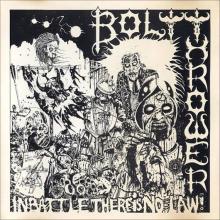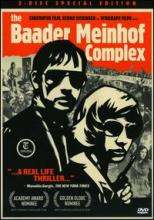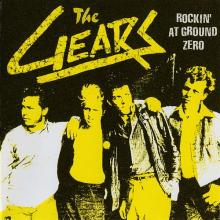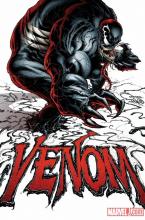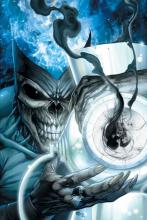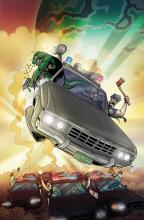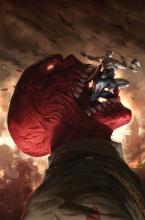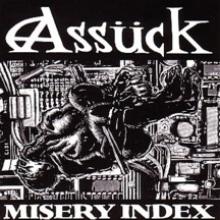There’re a couple reasons why Assück’s pretty funny – not funny, haha, but funny, holy shit, funny. Firstly, and most importantly, they band’s from Florida, a state known mainly for it’s increasing octogenarian population. Assück’s music, though, isn’t all sunshine and smiles. It’s pretty much the opposite and firmly rooted in scum.
Founded during the late eighties, the band wasn’t the first to get tagged grindcore. But that’s not important. Assück’s all too short, minute long songs are what counts. And the fact that the band, over its decade long existence, figured out how to immediately be in the middle of an oppressive music once a song starts is just short of utterly shocking.
The band’s final full length, 1997’s Miserey Index (the album’s title, not to mention that band’s name, is the other really funny thing to me), doesn’t seem like a tremendous step in evolutionary hardcore or metal. It’s more of what came before: ridiculously gruff vocals, downer bass parts and noisome guitar lines. There’s nothing separating the idea of misery, so openly referenced in the disc’s title, and the awful, aural scrawl here.
Any of Miserey Index’ fifteen songs are more than interchagaable. Yeah, there’re slight derivations on a theme. “Dataclast” actually has a surprisingly unique rhythm and vocal cadence, but still, to the unitiated, there can’t be any difference between that song and anything else here. But that’s also this music’s charm. Fifteen songs in sixteen minutes might sound like a lot of individual composing. But it really comes off as one long stream of debilitating noise. That’s not meant to demean that band’s talent, since there really aren’t too many acts capable of pulling this off. Still, the whole thing’s pretty nuts.
“A Monument To Failure,” the band’s second to last song on record, seems an appropriate handful of lyrics to get out there. Of course, there’s almost no way to understand what’s going on here, but it’s probably inspired by hate and depression – and I eagerly endorse that. Who knows if the band was aware it was on the way out. Closing the album with a track called “In Absence,” though, seems like a premeditated move. And a good one. With 1997 being the year that killed this band, in its wake, a spate of newer, sometimes more hardcore influenced, grind acts made inroads into the cool underground. Assück still remains a pillar of awful filth in that community.

